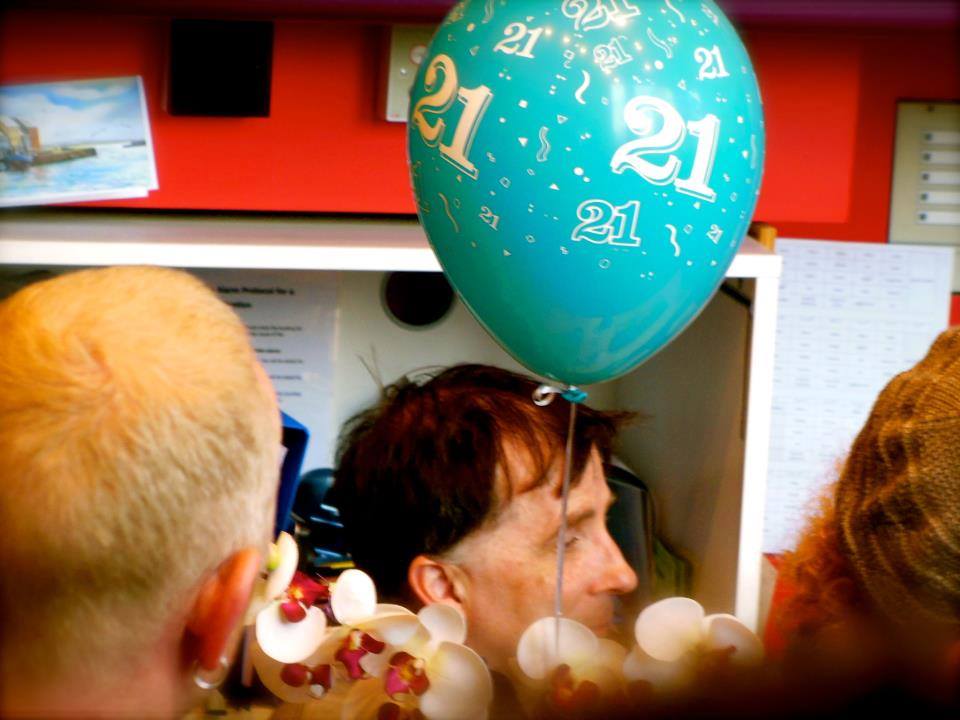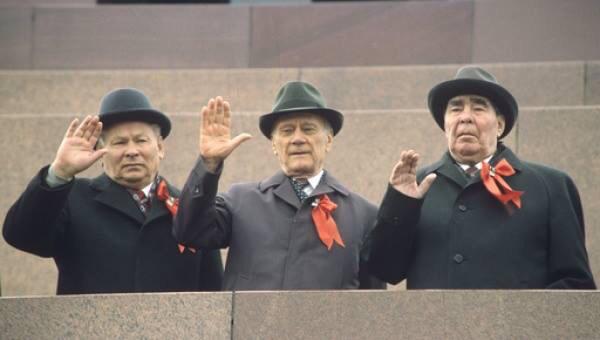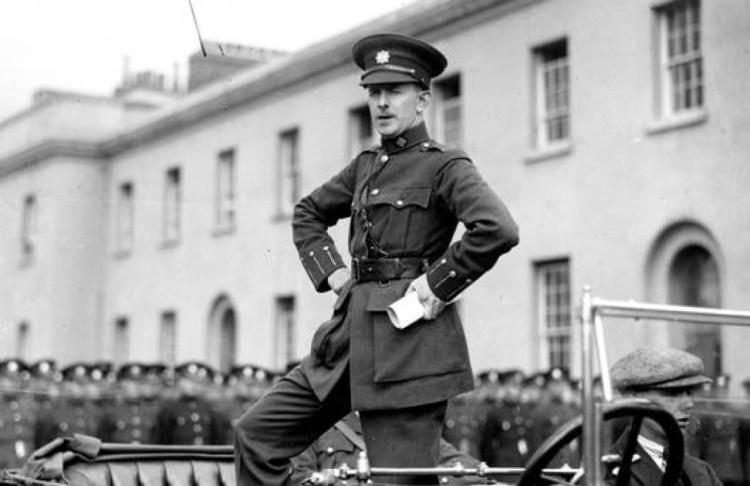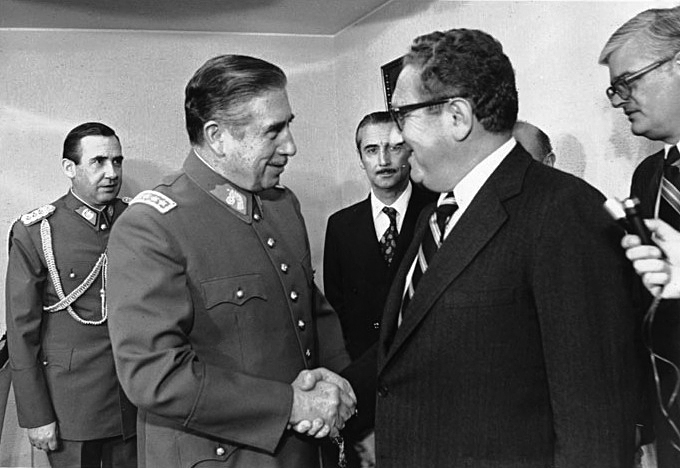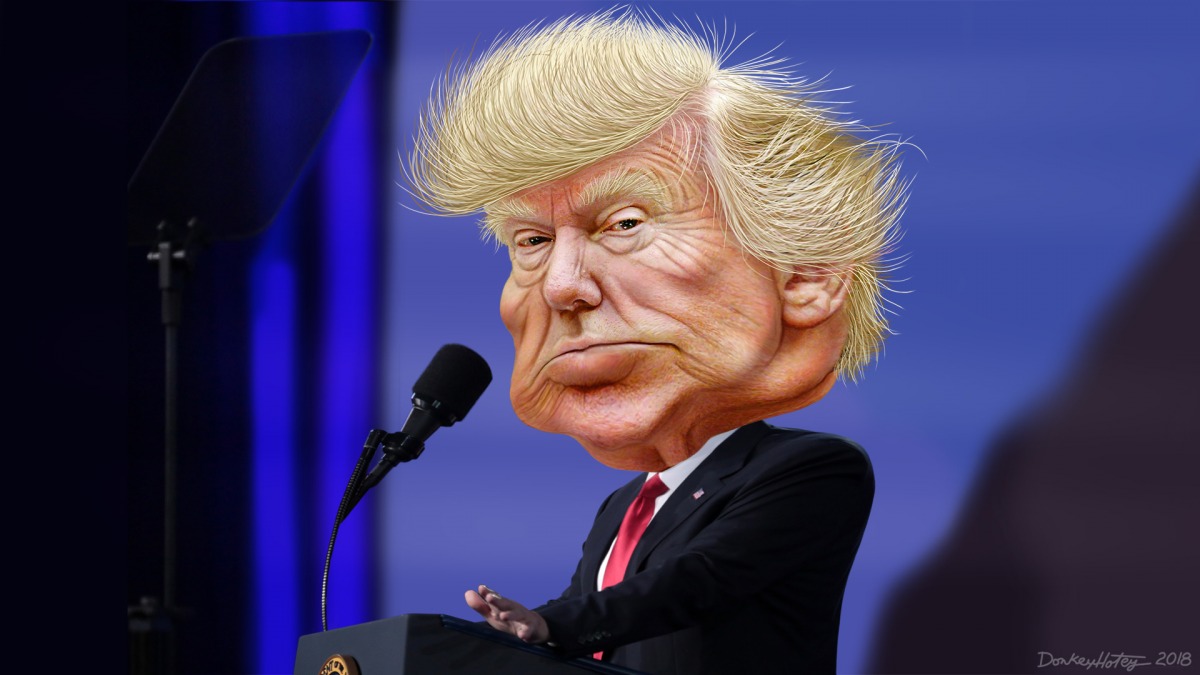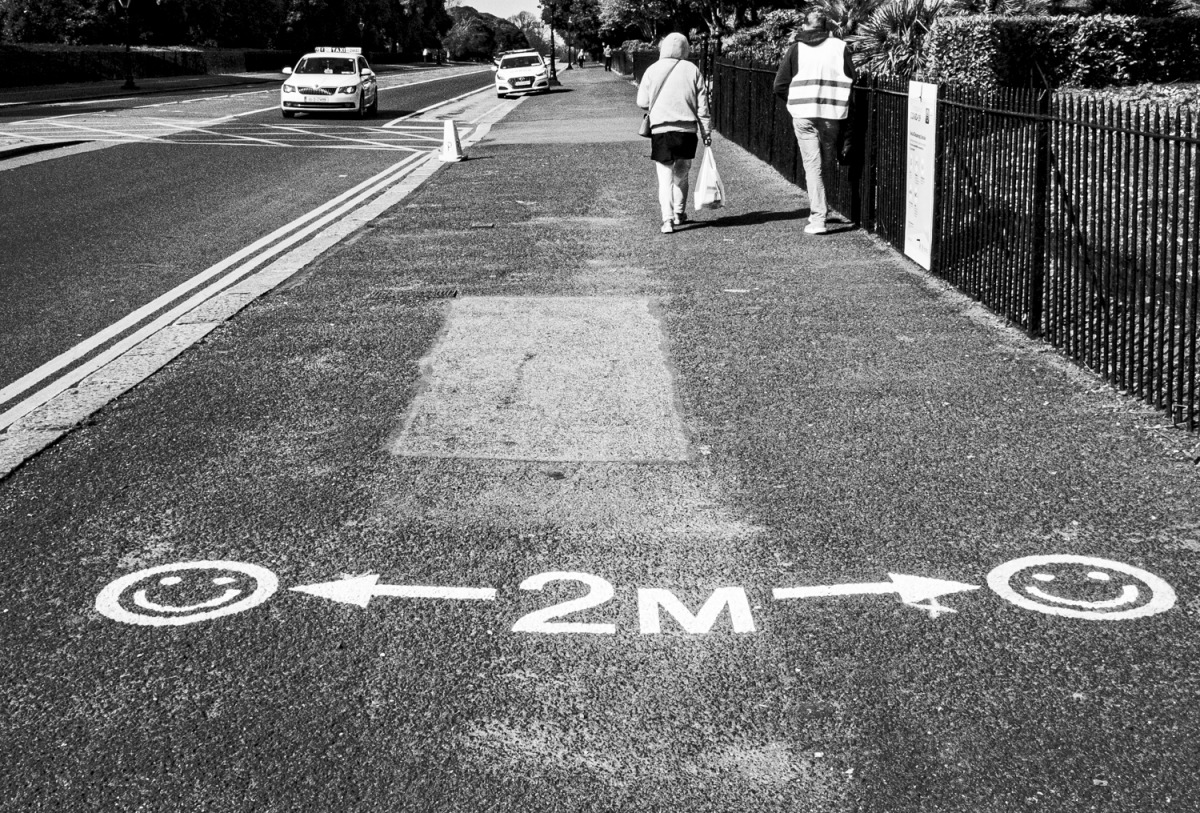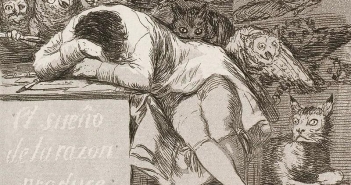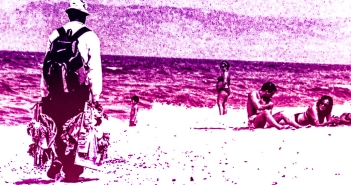According to the recently deceased Kevin Higgins: ‘Poets may be divided into three types: those of us who must be and are, or have been, suppressed, at least until after we are dead; those whose subject matter is so commonplace/banal that it doesn’t matter either way; and then those who become pure decorations of the Regime.’
Responding to his assessment by email (sadly, I never met Kevin in person despite publishing over twenty of his poems) I wondered whether the three archetypes he had identified could be located in the Romantic canon as the suppressed Percy Bysshe Shelley, the rather banal John Keats and the decorative Poet Laureate William Wordsworth.
He replied from his death bed on Tuesday, January 3rd:
I wouldn’t count Keats among the banal. I would more be thinking of the older academicised poet of the post WWII world, who is mostly locked into an Irish Times/Guardian/NY Times world view whereby the only permitted historical variables are their own divorces and their parents’ deaths. Keats wasn’t that. Though you have categorised Shelley and Wordsworth right in that regard.
Note to self: read more of John Keats.
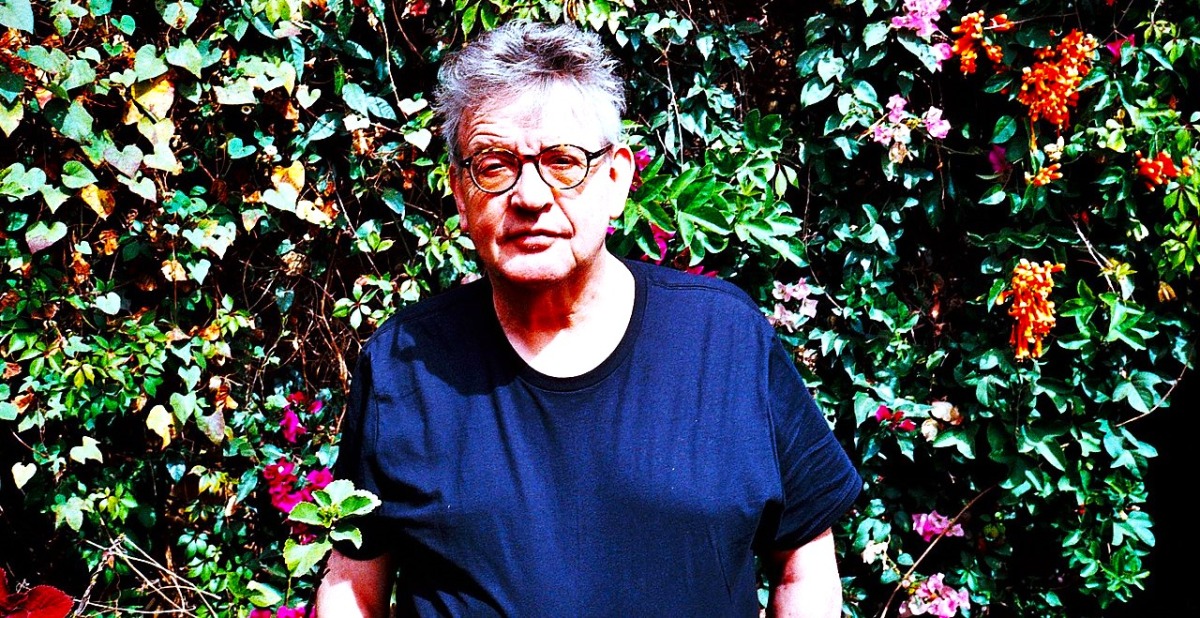
Paul Muldoon
Kevin’s final poem for Cassandra Voices ‘Congratulations’ responded to what he regarded as ‘a terrible, long poem taking one side in a war in a most crude and unthinking way’ by Paul Muldoon in the Irish Times. As he saw it, for establishment poets:
Life will be mostly festivals
of enforced grinning,
during which you’ll pass the hours
counting each others’ teeth.
If not actively suppressed, Kevin Higgins was certainly blacklisted by the so-called paper of record for having the temerity to question that newspaper’s coverage of the War in Ukraine. He would be amused to find the appreciation he had anticipated, and another from the President himself, Michael D. Higgins, who was also not spared his satire.
In the poem ‘Presidential’ he chided:
I had no option but to vote for
that tax on women’s shoes
but greatly admired the fight you put up against it;
have kept all the press cuttings,
especially those that took care not to mention me.
Another barbed poem, which he confided was written in the voice of Michael D. Higgins (as he imagined it), ‘having known him for forty years’ was Memorial to Myself:
I was not bought and sold at the market stall
where you can get (third hand)
Fianna Fail senators cheaper
than Mayo flags two weeks after
an All Ireland defeat.
Kevin Higgins was a poet unusually animated by political events. Invariably, he took the side of the oppressed, whether desperate migrants, or Travellers on the fringe of Irish society.
His verse took aim at those poets who engaged with what he considered the commonplace and banal. The first poem he ever published with Cassandra Voices Advisory Epistle From Literature Quangocrat offers a caricature of a contemporary Irish poet:
I only read novels
which interrogate the relationship
between gout and Islamist terrorism,
translated from the obligatory French;
and poets whose words make me sink
more comfortably into
my brown swivel chair.
More of this contempt flowed from ‘The Most Risk-Taking Poet In Ireland’:
Under the influence of Samuel Taylor Coleridge,
I once took one more Paracetamol
than I should have.
Indeed, he recently contemplated starting a new Irish Literary Awards in ‘When I’m Allowed Leave The Cancer Ward’:
Categories will include: least authentic
poetry collection, most intellectually empty
novel, most cowardly book review,
publisher who made the biggest
eeijt of themselves this year
And in ‘Formation of a Young Irish Intellectual’ he expressed deep concern about what he considered a homogeneity of thinking around a damaging consensus reigning ascendant in Irish universities:
We have a library of pre-existing think pieces
from which you can choose your opinions,
which we’d like you to massage
so they seem different at first
but end up being exactly the same as the rest of us.
Unsurprisingly perhaps, he expressed indifference for ‘grunts of approval / from fully clothed minor male poets’ in ‘My Approach to Literary Networking‘.
Kevin unmercifully pilloried what he perceived as latent fascistic tendencies in Ireland directed against the forces of radicalism he identified with. As he put it in ‘The Continuing Story of Óglaigh na hÉireann’:
All around the snot-nosed parishes of Ireland
small people of both genders, and neither,
are flapping open
copies of The Sunday O’Duffy
getting worried
about the continued existence
of the Citizen Army, Fenian Brotherhood,
Official IRA.
It’s fair to say Kevin Higgins despised advocates of neoliberal policy in Ireland. In ‘The Ballad of Lucy Kryton’ he described her fiscal policy as ‘dampness moving / down other people’s walls.’
Further afield, Kevin reserved particular scorn for realpolitik pragmatists such as Henry Kissinger, who as National Security Advisor and Secretary of State presided over a particular brutal phase of US foreign policy under Presidents Nixon and Ford. Kevin seemed to have little faith in karma catching up with Kissinger:
Someone dies of politically necessary starvation
but that someone is never Henry Kissinger
A bomb is dropped on someone whose name you’ll never have to pronounce
because it’s not Henry Kissinger
He also railed against ‘the adults in the room’ of this neoliberal era, depicting an anti-democratic slide in ‘After Recent Unfortunate Results’:
So when all’s said and counted,
people who shouldn’t matter
can go back to not mattering.
Unsurprisingly, the spectacle of Donald Trump offered ample opportunities for his satire:
A barrel of industrial waste poured into a suit
donated by a casino owner who knows people
with a tangerine tea towel tossed strategically on top
because it was the only available metaphor for hair
was running for re-election as CEO of South Canadia
against an old coat with holes in it.
Nevertheless, he viewed the phenomenon of Trump as symptomatic of a sick American society, rather than the causative agent necessarily – the ‘old coat’ – which he saw as embedded in power.
Such people agreed with each other that the barrel of waste
made the raging boil on the nation’s privates
way too obvious, and hoped by throwing
the old coat over it they could again
forget it was there.
Kevin was a supporter of Jeremy Corbyn, and actually expelled from the UK Labour Party following satirical poems about Blair and the Labour right. In ‘Tribute Acts’ he wrote
Each witch hunt is a tribute act to the last.
There is always a committee of three.
The gravity in the room is such
they struggle to manoeuvre
the enormity of their serious
faces in the door.
He also expressed contempt for polite, ineffectual demonstrations in ‘Note From The Organisers’:
our gathering will resemble
less a revolution
than a church group
on its way somewhere
to pray for a cure
for rheumatism,
or even better,
no cure;
Time and again he expressed a serious worry about the neoliberal hegemony in comedic terms. Thus in ‘Our Posh Liberal Friends‘ he wrote:
This Future has a face that one day
might raise the corporate tax rate
by zero point five percent,
and is a little too insistent
that poor people be allowed live,
give or take, as long as the rest of us.
And mocked a neoliberal tolerance of diversity that provided cover for any manner of outrage, as in ‘Liberals and Death’:
… you’re the first village
no-one’s ever heard of
successfully abolished
from thirty thousand feet
by a transgender person
pressing a button;
No doubt the period of the lockdowns was tough for someone in ill-health who had previously attempted to bring poetry to the people with live events and workshops. While he appears to have been generally supportive of lockdown measures, we do find worries expressed around the arrival of a techno-dystopia in ‘The Happy Song of Us’.
Okay to buy your grandchild an ice-cream.
Illegal for them to lick it.
Fine to bake granny
a gleaming fruit cake,
as long as you only email her
a high resolution photo of it.
Kevin Higgins was an uncompromising poet. His verse vented a deep disenchantment with the economic structures of our time. He fought against the spiraling inequality and outright cruelty he saw in the contemporary world, sparing no one he believed was collaborating with this system. Not even Michael D..
He inveighed against the well made poem that puts on a dicky bow, and ‘which walks to the top of the hill, / and has what it calls an epiphany.’
The well made poem believes
nuclear weapons are necessary
to keep poems like it safe
from all the rough language
gathered ungovernable at the border
forever threatening to invade it.
Above all perhaps, he scorned the hypocrisy of people who only speak out only when it is safe to do so, as in ‘Safe To Say’:
Sometime the century after next.
I’ll be against giving the children of Bethlehem
something from Lockheed Martin
to occupy themselves with for Christmas.
Like I was against rhino-whipping the blacks
into line in Port Elizabeth, Ladysmith, Pietermaritzburg
after it stopped happening.
But, for now, see no alternative.
Thanks for your support Kevin! We’ll do our best to keep going.

